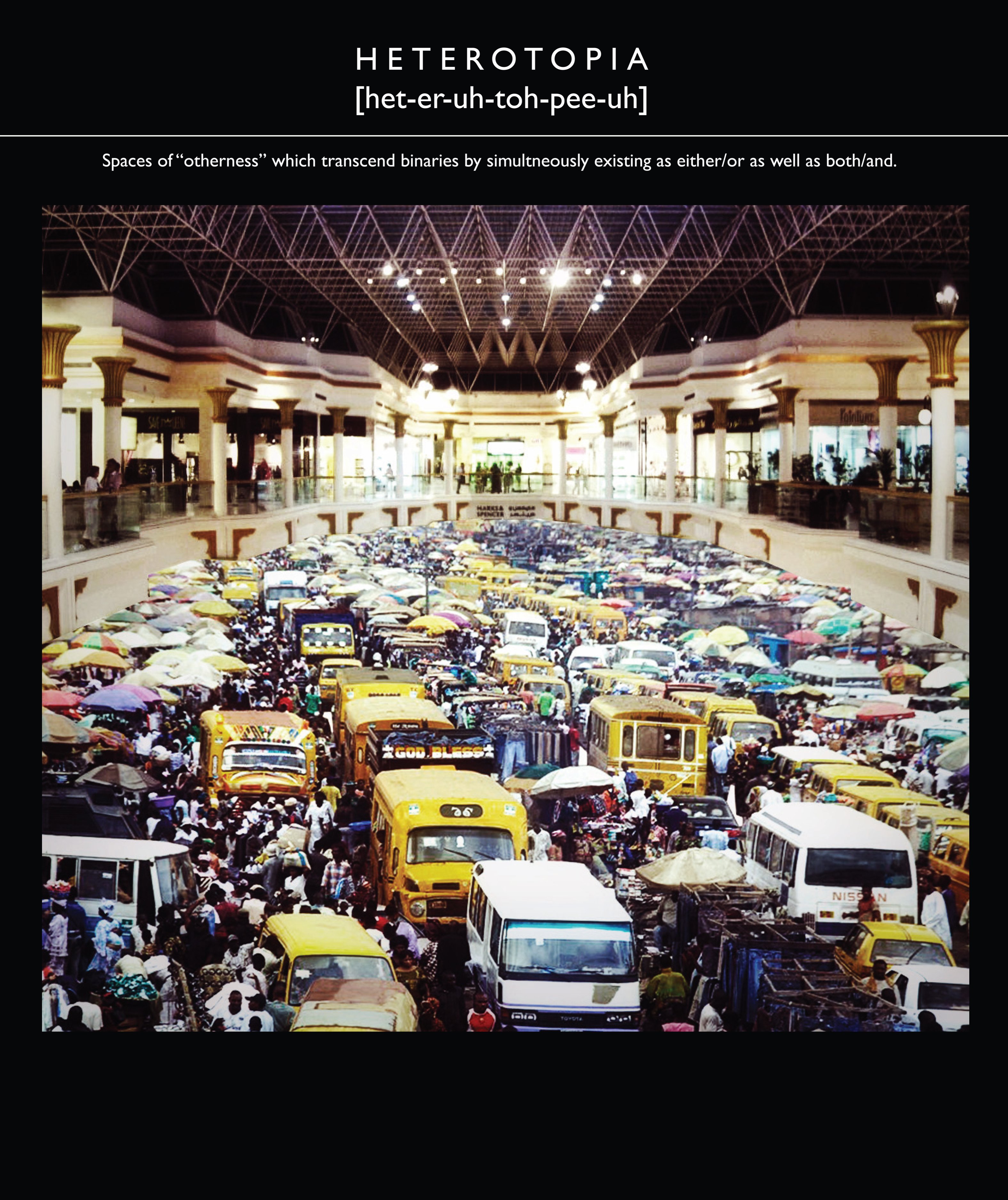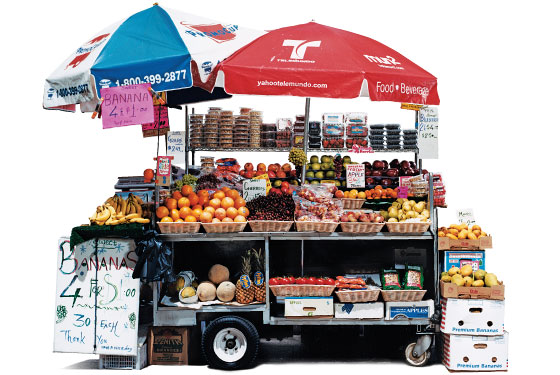Phyllis Galembo, the award-winning photographer, professor at the State University of New York and the collector of Helloween costumes, has been capturing the exotic patterns of Nigeria, Benin, Burkina Faso, Haiti, Zambia and Jamaica for over twenty years. Her subject is mostly the masquerade in religious rituals and local festivals, carnivale costumes, art and nature, the transformation of men, the visual culture in West Africa, and also Helloween.
Source: Feature Shoot
Her depiction of these masquerades calls into question the role that the body and its inherent spirit has on the African City. When a masquerade is conjured a process of becoming occurs–the body is transformed from its normative human characteristics and takes on the qualities of the spirit invoked. The proverbial costumes of the masquerade implicate on the body politic and spiritual qualities of the African City. Masquerade serve as a means to protest, to speak, to give voice to the silenced.
Could the spirit of the Masquerade be used as a tool to empower the marginalized? We at The BAK Lab would like your feedback.













































